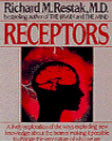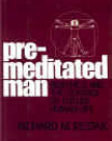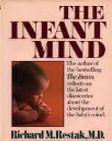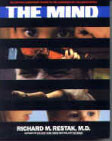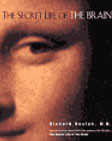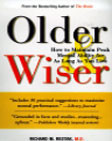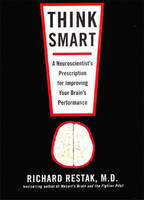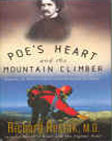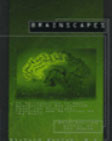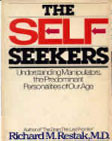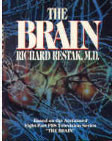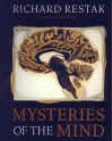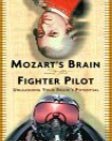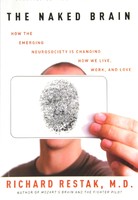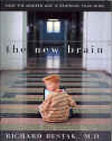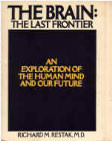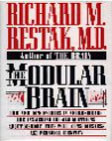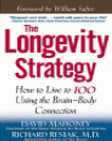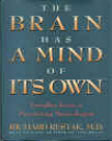
The Infant Mind
Throughout recorded history, the newborn has been regarded as a helpless, insensitive creature not always
accorded the status of someone fully "human." . . . If you start off assuming that infants know nothing, can do nothing, then by a kind of self-fulfilling prophecy, the infant's competence escapes
detection. Now in this remarkable volume, the bestselling author of The Brain reveals astonishing new discoveries that include:
The infant brain is more than simply a tiny version of the adult brain-it differs in its neurochemistry and its
circuitry.At birth we are all hybrids: many early movements reflect our experiences in the liquid environment of the womb, while others anticipate the environment in which we will spend the next
seventy-odd years.Virtually all of the neurons in the human brain are present at birth-but between birth and the end of year one, the brain will double in size; and between year one and a child's
sixth birthday, it will double again.The fetal brain responds to a wide variety of stimuli, including sounds outside the womb, that can be remembered after birth.In the short weeks between two and
four months, mother and baby literally have a once-in-a-lifetime opportunity to simply gaze at one another. The peak age for looking toward mother's face? Nine weeks-a time of major change in the
infant's visual function.
